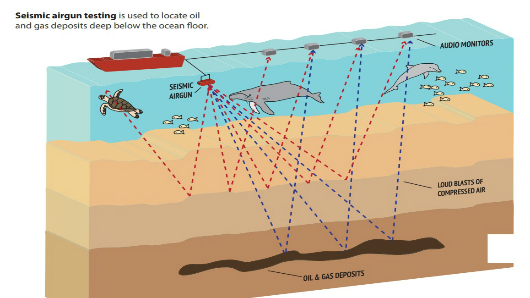Former Defense Minister Colonel (retired) Mohamed Nazim was brought to the Maldives Police Services (MPS) headquarters to give a statement last night (February 7).
A police media official told Minivan News that Nazim was summoned in order to obtain a statement regarding the ongoing investigation into weapons found at Nazim’s home.
Nazim’s lawyer Maumoon Hameed – who has replaced former Attorney General Azima Shukoor as Nazim’s legal representative – confirmed that he and some of his family members have provided the police with statements.
“I would like to reiterate that Nazim has been assisting the police with this investigation since day one,” Hameed told Minivan News today. “In doing so, Nazim and members of his family provided DNA samples and fingerprints to the police.”
The MPS had previously revealed that it found a pistol and a makeshift explosive device at Nazim’s home during a raid under a court warrant in the early hours of January 18.
Speaking to the media on January 29, Commissioner of Police (CP) Hussein Waheed said that, after searching Nazim’s home using “forced entry”, police found a 9mm handgun, an improvised explosive device, 3 bullets, and a magazine.
Nazim’s lawyer immediately released a statement denying that the items found were there with the former minister’s knowledge.
“The items claimed to have been found at Colonel Mohamed Nazim’s residence by Police Commissioner Hussein Waheed do not belong to Colonel Nazim or his family, and if there were any items were present at the house, they were there without Colonel Nazim’s or his family’s knowledge,” read the statement.
Both Nazim and his wife’s passport have been withheld by authorities, with Commissioner Waheed explaining that police did not consider taking Nazim into custody to be the “best course of action to proceed depending on his profile”.
“However, as you can see we have prevented him from leaving abroad,” he added.
Additionally, Commissioner Waheed said that police had written to the Maldivian National Defense Force to verify ownership of the weaponry, being informed that no items were missing from the military’s inventory.
Police have maintained that the service was not aware it was Nazim’s home until after the raid, noting that they had adhered to international best practices and that Nazim was present during the search.
Waheed described the weapons as “very dangerous”, saying that, while the handgun could be lethal, the explosive device when matched with another component could cause “large scale destruction”.
Nazim – who was also acting health minister and head of immigration – was dismissed from his post on January 20, three days after the police raid.
Speaking to the media at the time, Nazim said that events had shown that no Maldivian was assured of safety and security.
“This gives an alarming signal that entering any house, at any time and to do anything is possible. The defence minister is the most senior official standing beside the president,” he told the press immediately following his dismissal.
Police have since suggested that Nazim was questioned regarding the weapons but that he had failed to adequately respond to the questions.
Related to this story
Pistol and explosive device found at Nazim’s home, says Police Commissioner
Dismissed Defence Minister’ passport held by authorities
Items confiscated by police do not belong to Nazim or his family, say lawyers
Police raid Defence Minister Nazim’s home in early hours
